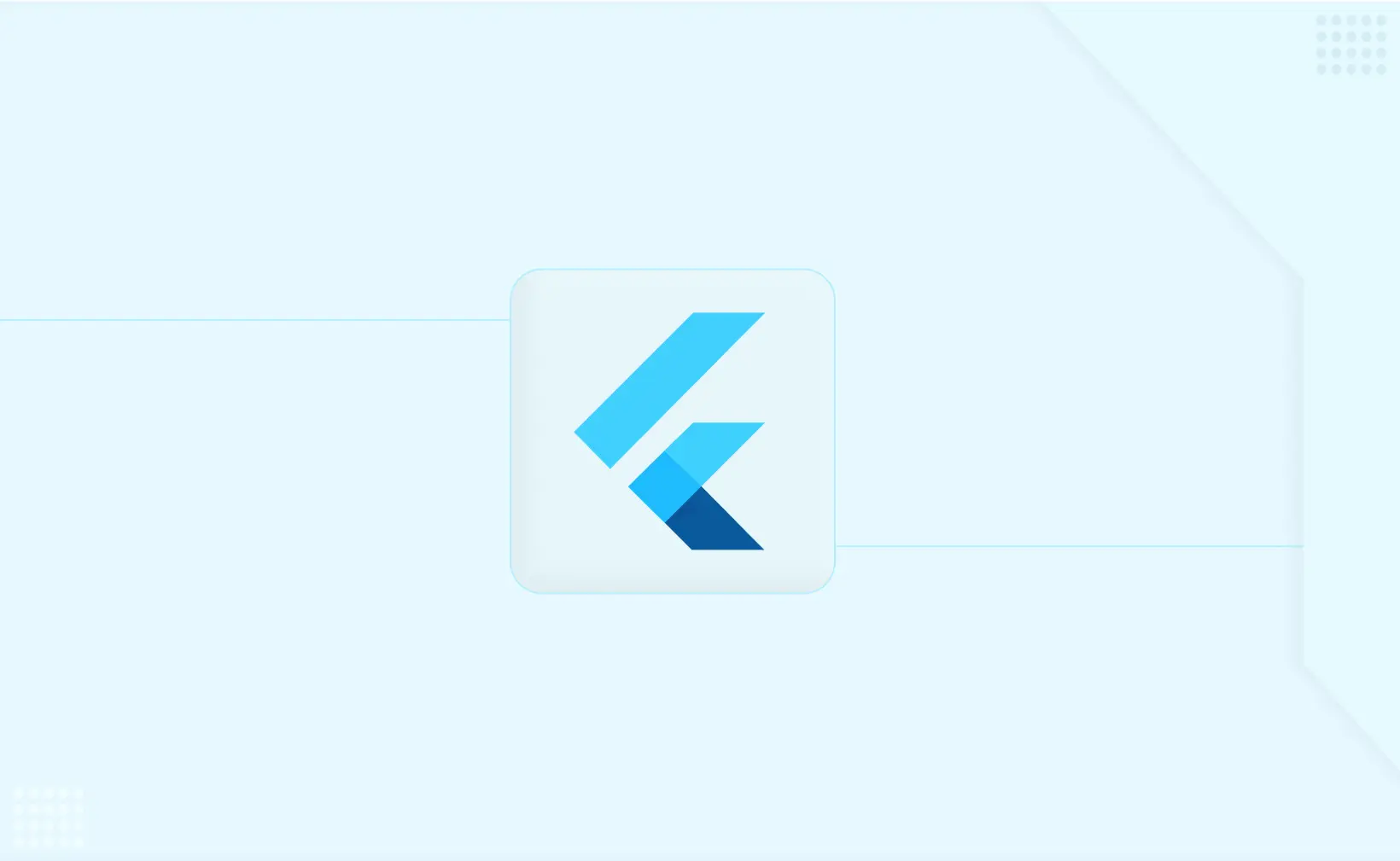In the rapidly evolving world of mobile app development, choosing the right framework can make or break your project. Flutter, developed by Google, has emerged as one of the leading frameworks for building natively compiled applications for mobile, web, and desktop from a single codebase. Whether you’re a startup or an established company, here are 9 compelling reasons to use Flutter for your next app:
Table of Contents
1. Single Codebase for Multiple Platforms
One of the primary benefits of Flutter is its ability to use a single codebase for multiple platforms. Traditionally, developers would need to write separate code for iOS and Android. With Flutter, the same code can be used for both, as well as for web and desktop apps. This reduces the effort and resources required for app development, speeding up time to market and ensuring consistency across platforms.
2. High Performance and Native Experience
Flutter compiles directly into native ARM machine code, which significantly boosts the performance of apps compared to those developed using hybrid frameworks. Apps built with Flutter often exhibit smooth animations and load quickly. The Dart language, which Flutter uses, also ensures that there are fewer performance bottlenecks. This allows for near-native app performance, making Flutter apps feel fluid and responsive.
3. Hot Reload for Fast Development
Flutter’s Hot Reload feature is a game-changer for developers. It allows developers to instantly see the effects of changes in the code without restarting the app. This real-time feedback loop dramatically increases the speed of development, debugging, and testing, making it easier to experiment with different features, designs, and functions.
4. Rich Set of Pre-built Widgets
Widgets are the core building blocks of a Flutter app. Flutter offers an extensive library of customizable, pre-built widgets for UI design. Whether it’s simple buttons or complex layout controls, you can create appealing, modern-looking apps with ease. Since Flutter’s widgets are rendered natively, they also provide a more seamless user experience across different platforms.
5. Cost Efficiency
Since Flutter allows developers to create apps for both iOS and Android using a single codebase, it reduces the need for hiring separate development teams for each platform. This is particularly advantageous for startups and businesses with limited budgets. The reduced development time, combined with lower maintenance and resource costs, makes Flutter a cost-effective solution.
6. Growing Ecosystem and Community Support
Flutter’s popularity has skyrocketed since its launch, leading to a vibrant community of developers, contributors, and enthusiasts. This active community means you can easily find tutorials, plugins, and libraries that extend Flutter’s functionality. With Google backing the project, Flutter also receives regular updates, new features, and improvements.
7. Cross-Platform Consistency
A major challenge with multi-platform development is ensuring that the app maintains a consistent look and feel across different devices. Flutter addresses this by allowing developers to build apps that look and behave the same on both iOS and Android. This uniformity provides users with a coherent experience regardless of the platform they use, improving the overall user satisfaction.
8. Access to Native Features and Third-Party Plugins
Although Flutter uses a single codebase, it still allows developers to tap into platform-specific features using platform channels. This means you can easily integrate native features such as GPS, camera, and sensors, as well as access third-party plugins, APIs, and libraries. This flexibility ensures that Flutter apps can take full advantage of the native capabilities of devices.
9. Future-Ready with Web and Desktop Support
Initially developed for mobile app development, Flutter has expanded its capabilities to support web and desktop applications. This future-proofs your app, allowing you to extend it to new platforms without starting from scratch. As more businesses look to develop apps across multiple platforms, Flutter’s flexibility will be an increasingly valuable asset.
FAQs
1. What is Flutter?
Flutter is a cross-platform mobile development framework created by Google that allows developers to build natively compiled applications for mobile (iOS and Android), web, and desktop from a single codebase.
2. Why should I use Flutter for app development?
Flutter offers fast development, cost efficiency, high performance, and access to a rich set of customizable widgets, all while providing a native app experience. Its ability to target multiple platforms from a single codebase makes it a popular choice for many businesses.
3. Is Flutter suitable for large-scale applications?
Yes, Flutter is scalable and can be used for large-scale applications. Companies like Alibaba and Google Ads have successfully built large apps using Flutter, showing that it can handle complex, enterprise-level apps.
4. Can Flutter apps be published on both iOS and Android stores?
Absolutely. Flutter enables developers to write one codebase that can be published on both Google Play Store and Apple App Store, saving time and effort.
5. What language does Flutter use?
Flutter uses Dart, a programming language also developed by Google, which is optimized for client-side development and known for its fast performance and ease of use.

CEO, McArrows
Leverages over seven years in tech to propel the company forward. An alumnus of Purdue and Amity, his expertise spans IT, healthcare, aviation, and more. Skilled in leading iOS and backend development teams, he drives McArrows’ technological advancements across diverse industries.








